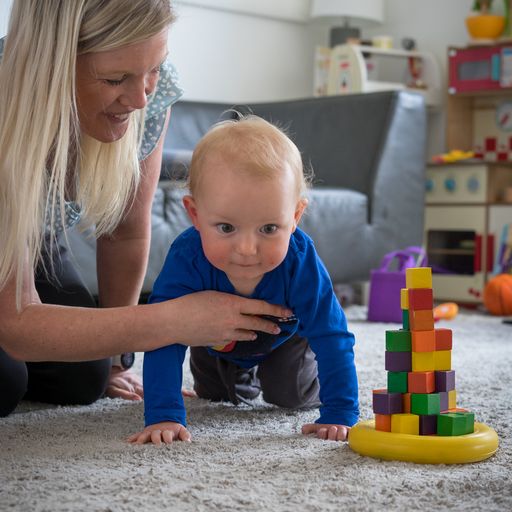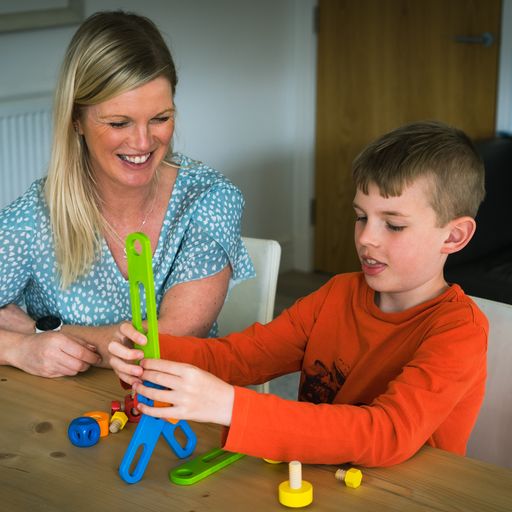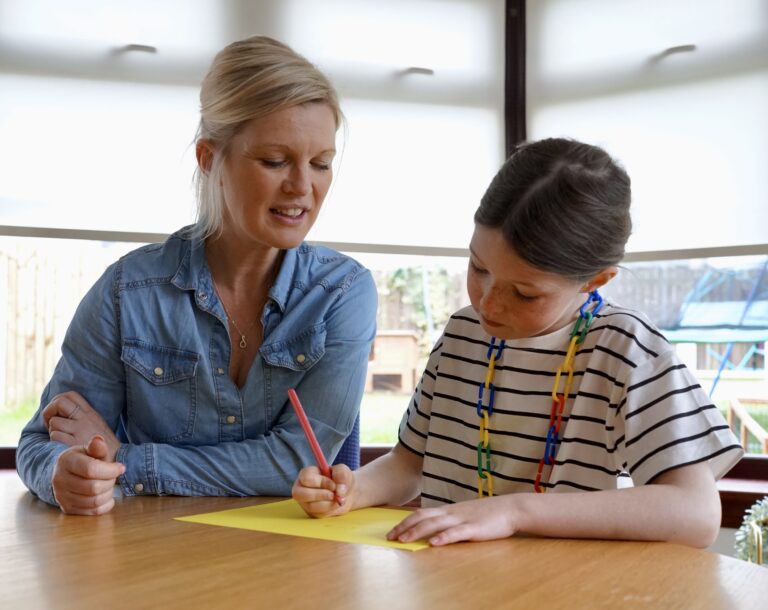Attention Deficit Hyperactive Disorder ( ADHD )
Occupational therapist can be a key support for children with ADHD or with a presentation similar to ADHD.

Please download this free brochure of advice to get you started in supporting your child right away.
How Can a Paediatric Occupational Therapy Help a Child with ADHD?
Children with ADHD often face challenges with attention, self-regulation, motor coordination, and executive functioning. I work closely with the child and their family to turn these challenges into opportunities for growth—through practical, play-based, and personalised support. Children with ADHD often face challenges with attention, self-regulation, motor coordination, and executive functioning. I work closely with the child and their family to turn these challenges into opportunities for growth—through practical, play-based, and personalised support. Here’s how I can help :
1. Improving Focus and Attention
I see beyond diagnoses and limitations and look at relationships between the activities you do every day – your occupations – alongside the challenges you face and your environment. The plan is practical, realistic and personal to the child and family’s needs and interests.
2. Building Self-Regulation Skills
Many children with ADHD struggle with impulsivity, frustration, and emotional control. Occupational therapy supports emotional development by:
Teaching calming strategies
Exploring sensory needs that affect regulation
Helping children recognise and respond to their emotions
3. Supporting Sensory Processing
Children with ADHD often have sensory differences or seek out intense sensory input. I assess how your child processes sensory information and create activities that help them feel more balanced and regulated throughout the day.

4. Enhancing Executive Functioning
Executive functioning includes skills like planning, organising, following directions, and managing time—all common areas of difficulty in ADHD. I help break tasks into manageable steps and build routines that support independence.
5. Boosting Fine and Gross Motor Skills
Some children with ADHD may also struggle with coordination, handwriting, or physical restlessness. We use fun, movement-based activities to improve motor skills, body awareness, and core strength.

6. Creating Supportive Routines at Home and School
We work with families and teachers to build consistent routines, reduce overwhelm, and provide tools like visual aids or sensory-friendly workspaces. Collaboration is key to long-term success.
Together, we can help them shine
Reach out for an assessment and let’s partner to foster your child’s confidence, one thoughtful step at a time.
